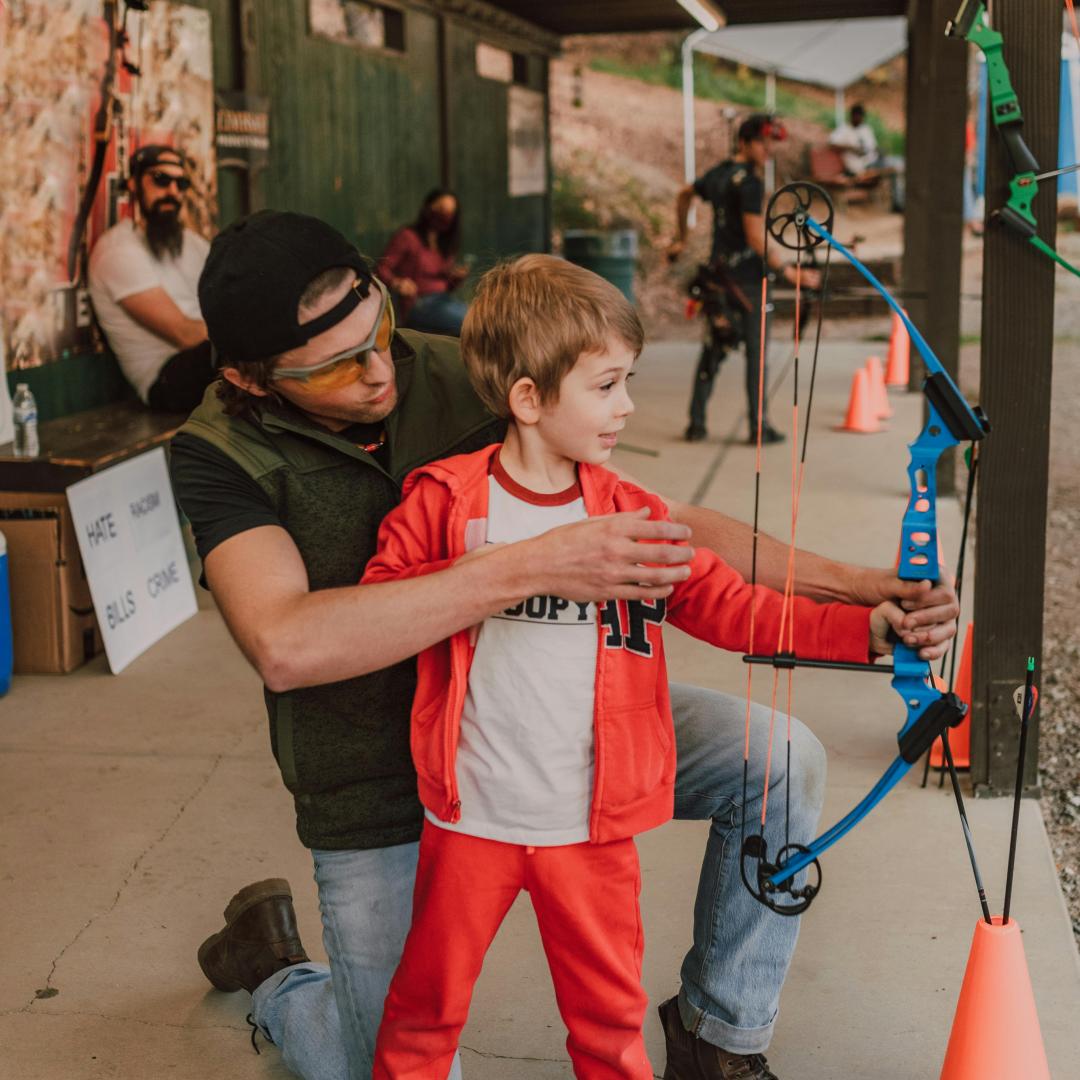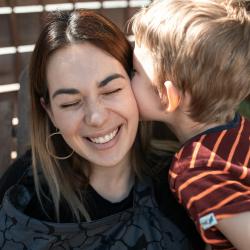How to Be a Mindful Parent: Practicing Patience and Presence
Practicing mindfulness may seem like an unattainable luxury. However, integrating mindfulness into parenting is crucial, not only for the well-being of parents themselves but also for nurturing well-rounded, emotionally healthy children. So, how can you become a more mindful parent? The key lies in practicing patience and presence.
Understanding Mindful Parenting
Mindful parenting involves being present in the moment with your children, fully aware of what you are doing and why. It requires understanding your own emotions and reactions and responding to your child with empathy. Rather than reacting impulsively, mindful parenting involves thoughtful responses, creating a more peaceful and productive environment for both parent and child.
The Importance of Patience
Patience is the cornerstone of mindful parenting. Children are learning about the world, testing boundaries, and figuring out their own emotions, which can lead to challenging behaviors. By practicing patience, you give yourself time to understand the root of their actions and react appropriately. Here’s how you can cultivate patience:
-
Take a Pause: Before responding to a challenging behavior, take a deep breath. A moment’s pause can prevent you from reacting out of frustration and allow you to choose a more constructive response.
-
Practice Empathy: Often, children act out due to unmet needs or feelings they cannot express. By putting yourself in their shoes, you may better understand their perspective and respond with compassion.
-
Set Realistic Expectations: Recognize that children are still developing. Adjusting your expectations to be age-appropriate can reduce frustration on both sides.
Cultivating Presence
Being present means fully engaging with your child in the moment, without distractions. This fosters a sense of security and strengthens the parent-child bond. Here are some ways to enhance presence:
-
Limit Distractions: Create tech-free zones or times, ensuring that your attention is undivided during key moments like family meals or bedtime routines.
-
Listen Actively: Rather than thinking about how to respond while your child is talking, focus on what they say. This practice not only makes children feel valued but also helps you understand their needs better.
-
Engage in Shared Activities: Spend quality time doing activities your child enjoys. Whether it’s reading a book together, drawing, or going for a walk, shared experiences bring you closer.
Balancing Self-care
Mindful parenting also means taking care of yourself. You cannot pour from an empty cup, and when parents are stressed or exhausted, mindful behavior becomes more challenging. Incorporate self-care practices into your routine to maintain your well-being:
- Meditation and Mindfulness Exercises: Even a few minutes a day can bring awareness and calmness, preparing you to handle parenting challenges with grace.
- Physical Activity: Engaging in regular exercise can significantly reduce stress levels.
- Alone Time: Make time for yourself, even if it's just a quiet cup of tea or a few pages of your favorite book.
Handling Challenges Mindfully
Life is unpredictable, and parenting is fraught with unexpected challenges. It’s crucial to develop strategies to approach these mindfully:
- Acknowledge Mistakes: When you slip up, apologize and learn from the experience. It models humility and resilience for your children.
- Stay Flexible: Be open to adjusting routines or strategies as your child grows and situations change.
- Build a Support Network: Connect with other parents or professionals who understand and can offer guidance and support.
Conclusion
Mindful parenting, with its focus on patience and presence, is not about being perfect. It's about striving to be aware, present, and compassionate in our parenting journey. By integrating these practices into everyday life, not only do we foster a nurturing environment for our children’s growth, but we also cultivate our own mindfulness and well-being. As you embark on or continue your path as a mindful parent, remember that every small step taken is a significant stride towards creating a more mindful home and nurturing your child’s development in profound ways.






















